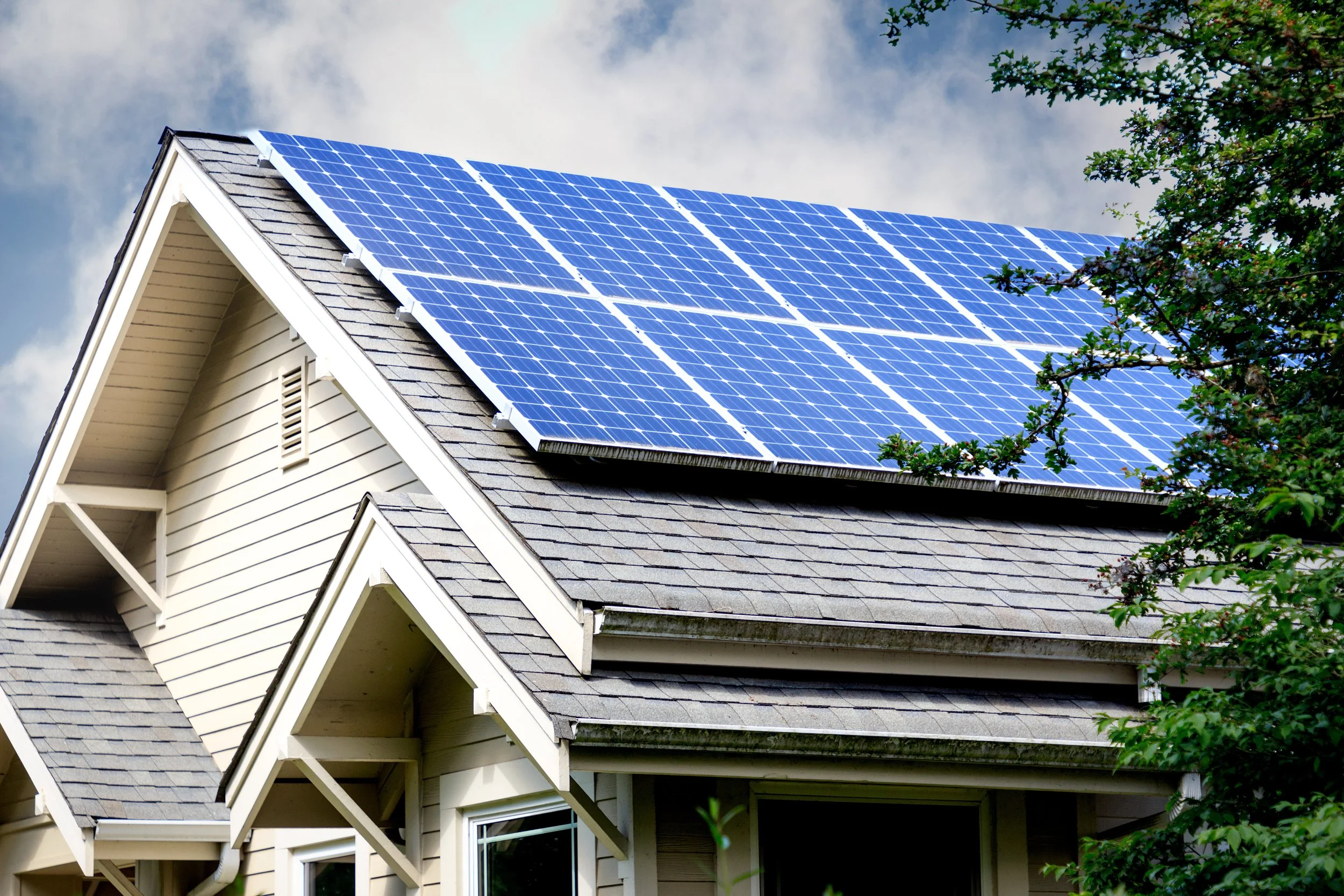The latest annual poll by the Conservative Energy Network (CEN) finds voters overwhelmingly support more competition in the electricity sector – not less.
CEN, a coalition of 24 state-based conservative clean energy organizations, released the results of their seventh annual national survey earlier this month. The poll was conducted October 24-27.
The survey results revealed that four in five voters believe candidates should share their views on clean energy and climate change.
The survey asked 1,000 registered voters across the nation their views on clean energy, competition, and other related energy policy issues. The results illustrate why candidates for public office should care about the role of competitive markets in energy and climate change policy.
79% of respondents believe it’s important for candidates to share their opinion on clean energy issues with voters.
81% support taking action to accelerate the development and use of clean energy in the United States.
72% prefer approaches that allow markets and businesses to provide more clean energy production.
63% would vote for elected officials or candidates who support clean energy development like solar and wind.
82% would support a community solar project in their community.
78% believe community solar should be a part of a diversified energy strategy
Additionally, a majority of respondents (51%) support the work the Republican Party is doing in addressing climate change for the first time in the poll’s history. That number is up 10% from a year ago.
According to CEN, the jump follows policy recommendations made over the summer by the House Republican Energy, Climate, and Conservation Task Force – a group formed by House Minority Leader Kevin McCarthy.
Read the full CEN poll results here.
Given the current state of global uncertainty, ever-rising fuel costs, and rampant inflation, it is more important than ever for our political leaders to clear pathways for increased domestic clean energy production.
“Our survey results make clear that economic issues are at the top of voters’ minds as they cast their votes—and rightfully so,” said Tyler Duvelius, CEN director of external affairs. “With 47% of Americans believing their electricity bills are higher than average, it is more important than ever that the United States embrace an all-of-the-above approach to energy policy. Our survey found that Americans want more emphasis placed on all forms of energy—particularly wind and solar power. More domestically produced energy will lower our electricity costs here at home and will forge America’s path to a clean energy future.”
Increased competition in electricity markets is one reform that’s overdue. Allowing consumers to choose their energy supplier, including self-generation with rooftop solar and storage, would help insulate them from the current energy crisis impacting their monthly utility bills.
The CEN survey found that 87% of respondents support increased competition in the electricity markets, with 59% strongly in favor of more competition. A similar number (84%) agreed with the statement that “we should accelerate the growth of clean energy so that our state can be a national leader in the competition for economic development and good-paying jobs.”
Two-thirds of voters who responded to the CEN poll agreed that America can create a new electricity system that benefits the environment, accelerates the availability of new technology, and creates more choices by opening up markets to competition, giving consumers more choices instead of just their monopoly utility. Only 24% said they prefer the current monopoly system.
Community solar projects were another popular competitive market reform, according to the CEN poll.
A recent study by Arizona State University’s (ASU) L. William Seidman Research Institute found that creating a community solar program in Arizona would deliver billions in economic benefits over a 35-year time horizon and create thousands of good-paying jobs in counties across the Grand Canyon State.
The study highlights a number of possibilities for economic and fiscal outcomes that may be delivered by such a community solar program. The forecasts are based on the number of solar projects built and operated within the service territories of Arizona’s two public utilities, Arizona Public Services (APS) and Tucson Electric Power (TEP).
In projecting a mid-range 10-year rollout of up to 200 MW of projects per year in APS’ service territory, and 60 MW of projects per year in TEP’s service territory, ASU estimates that community solar could contribute approximately $4.8 billion in state gross domestic product (GDP), and more than 50,000 job years of employment over 35 years. These estimates assume a combination of more than 250 ground mount single axis tracking solar arrays of various generating capacities installed over 10 years, generating 2.19 gigawatts (GW) of capacity, and 25 years of operation.
“Our study found that if the right policy levers are pulled, community solar could produce significant economic benefits for Arizona for the life of the program,” said Dr. Anthony Evans, Principal Investigator of the ASU study.
In projecting an upper-range 10-year rollout of up to 300 MW of projects per year in APS’ service territory, and 90 MW of projects per year in TEP’s service territory, ASU estimates that community solar could contribute in total approximately $7.2 billion in state GDP, and more than 76,000 job years of employment over 35 years. These estimates assume a combination of more than 400 solar arrays installed over 10 years, generating 3.31 GW of capacity, and 25 years of operation. With program implementation possible in the first half of 2023, customers and utilities could quickly reap the benefits.
The study, also supported by the Conservative Energy Network, can read here.
“For our country’s long-term national security, it’s imperative that we look at multiple sources of locally-generated energy that will shield us from international uncertainties,” said Landon Stevens, Director of Policy and Advocacy at the Conservative Energy Network. “Community solar is a great vehicle to do that while also giving customers freedom of choice and bill savings.”

